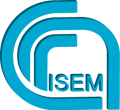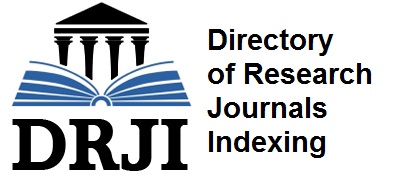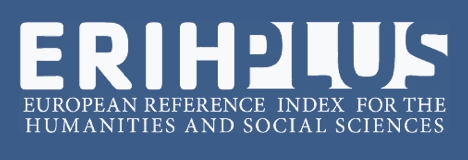Searching the East by the West: Martin Behaim revisited
Abstract
Martin Behaim is an historical figure presently known above all as responsible for the conception of a terrestrial globe that is associated with his name. The Behaim Globe, poduced in 1492 and kept at the Germanisches National Museum, in Nuremberg, is the oldest extant terrestrial globe. Martin Behaim's life and work have been exhaustively dealt with by modern historiography, particularly in connection with the great Iberian voyages of maritime exploration of the end of the fifteenth century. Therefore, many of the legends associated with the name of Behaim have been dully criticized. But the biography of this German merchant / cosmographer / navigator, who spent an important part of his life in Portugal, continues to raise problems and perplexities, which are revisited in the present text.
Martin Behaim é uma figura histórica atualmente conhecida como responsável pela concepção de um globo terrestre que está associado ao seu nome. O Globo de Behaim, produzido em 1492 e conservado no Germanisches National Museum, em Nuremberg, é o mais antigo globo terrestre existente. A vida e a obra de Martin Behaim foram exaustivamente tratadas pela historiografia moderna, em particular no que se refere às grandes viagens ibéricas de exploração marítima do final do século XV. Mas a biografia deste mercador / cosmógrafo / navegador alemão, que passou uma parte importante da sua vida em Portugal, continua a suscitar problemas e perplexidades, que são revisitadas no presente texto.

This work is licensed under a Creative Commons Attribution-NonCommercial 4.0 International License.
Authors who publish with this Journal agree to the following terms:
Authors retain copyright and grant the Journal right of first publication with the work simultaneously licensed under a Creative Commons Attribution-NonCommercial 4.0 International License.
This Journal permits and encourages authors to post items submitted to the Journal on personal websites or institutional repositories both prior to and after publication, while providing bibliographic details that credit, if applicable, its publication in this Journal.

















